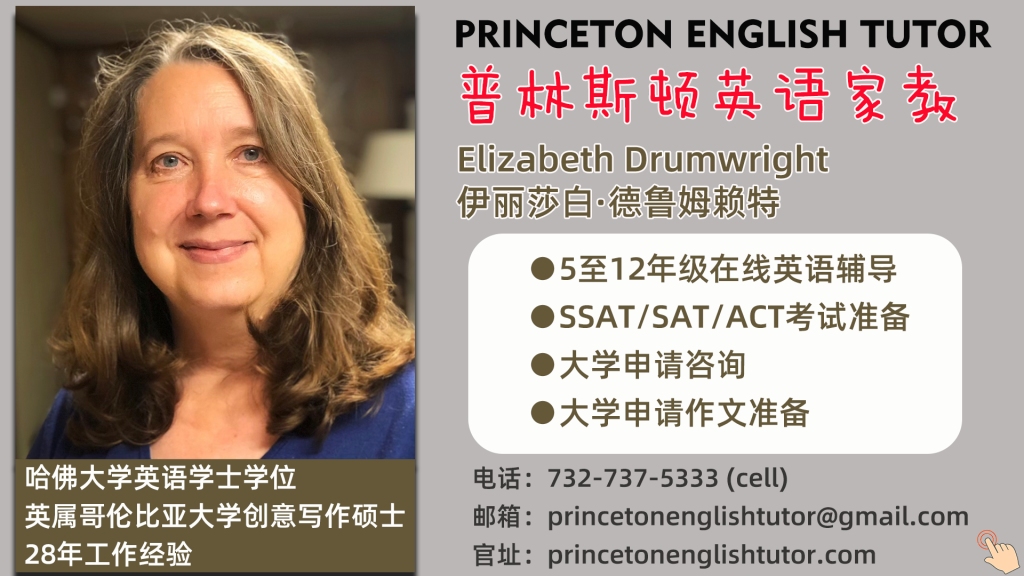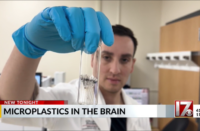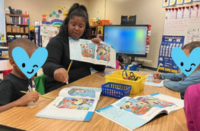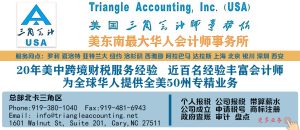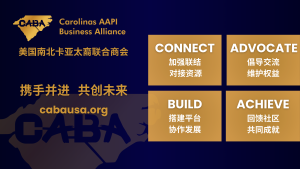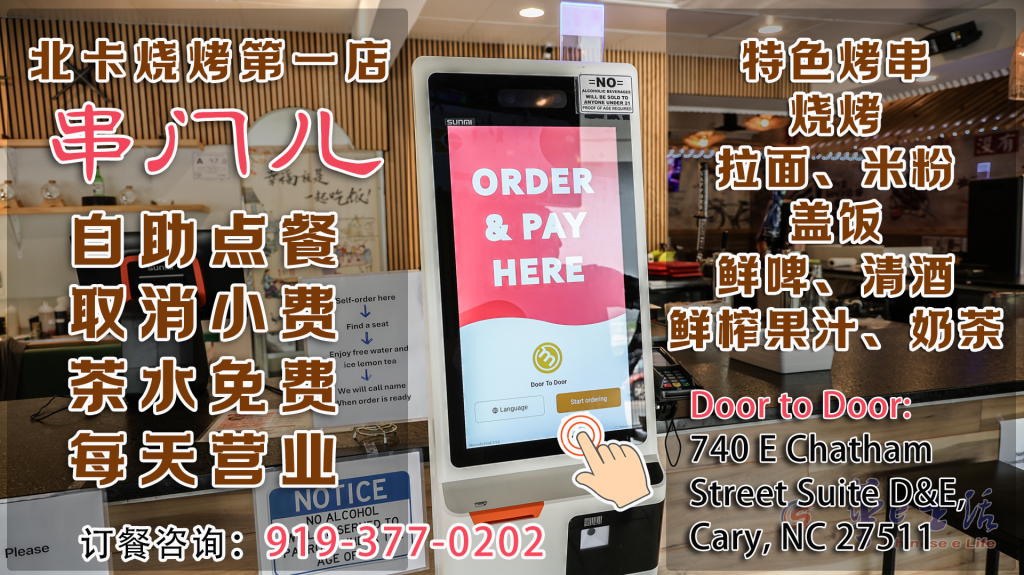


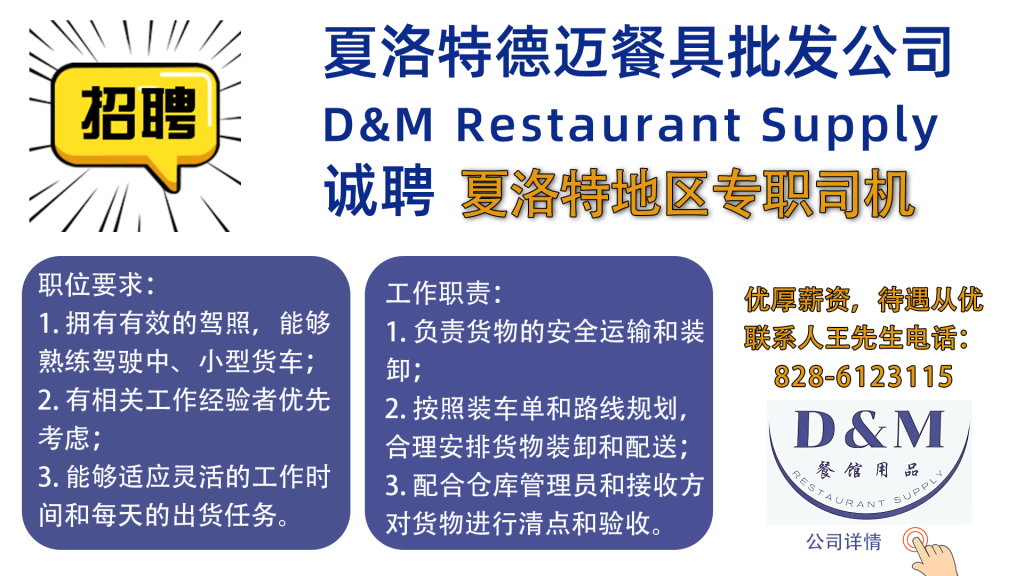
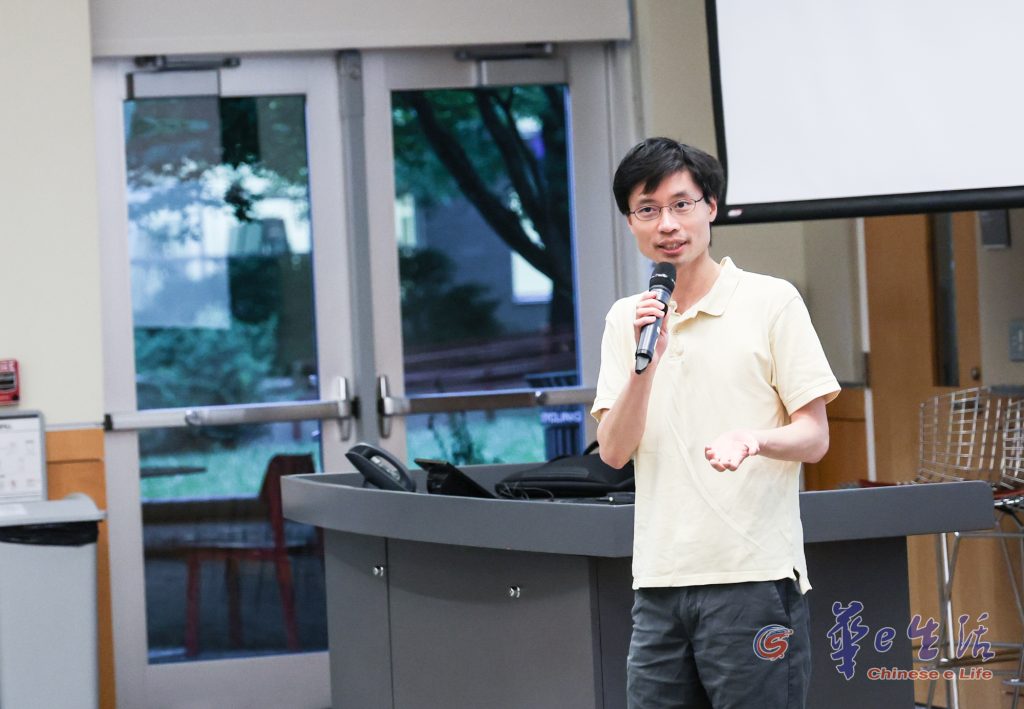
解决问题,创造价值,建立声誉,改变世界
■恩洛高中 Jake Xu
5月17日,一个平凡的周五晚上,我走进了北卡罗来纳州立大学的一栋会议大楼。当时的我并未抱有任何期待,却不知自己即将聆听到一场改变我奋斗目标的演讲——罗博深博士进行了一场极为成功且信息丰富的一个小时讲座,深入探讨了ChatGPT对工作、数学和教育的影响。
罗博士是一位数学和教育领域的创新者和社会企业家,是卡内基梅隆大学的数学教授,并在2013年至2023年期间担任美国国际数学奥林匹克队教练。
演讲伊始,罗博士讨论了就业机会的问题。他表示,ChatGPT的强大和快速发展令人担忧。CEO们正在利用ChatGPT使公司更加“高效”,但高效在公司中意味着什么呢?这意味着裁员或减少劳动力。随着ChatGPT变得越来越强大且成本越来越低,更多的工作将被AI取代,留给我们的工作机会会越来越少。
那么,哪些工作是安全的呢?据罗博士所说,安全的工作是那些我们从未听说过的工作。这体现了创业精神。抗AI的工作需要人类的素质,如社交技能、情商和解决问题的能力。



罗博深教授游侠风采
这些工作还需要什么呢?这些工作需要创造力、批判性思维和同理心。罗博士指出,最难找到的工作是你大学毕业后第一次工作的工作,因此他建议大学生多交比自己年长两岁以上的朋友。这样,你可以建立人际网络,并且总能找到工作。建立强大声誉的关键是在与人交往时始终致力于为他人创造价值。即使你没有得到任何回报,只要你为他人创造了价值,他们就会对你的能力和特质有所了解。
接下来,罗博士谈到了数学,并详细介绍了他正在进行的两个项目。他分享说,他和他的团队正在创建一个在线平台,让年轻人,特别是中学生,可以进行友好的竞赛,快速且正确地解答数学问题。然后,在问题结束后,会有一个一分钟的聊天室,学生们可以就问题进行交流。为了防止年轻且可能幼稚的中学生之间产生恶意,每个用户名旁边都有一个声誉评级。用户唯一能获得声誉的方式是通过聊天室;如果另一个用户说这个用户帮助他们学到了什么,便可以给这个用户一个脑图标。一个人收到的脑图标总数就是其声誉评级。然而,可能仍会有一些人想要捣乱,不在乎声誉而只想打击别人。
那么,聊天室将如何进行管理呢?这时AI就派上了用场。经过与ChatGPT的实验,罗博士发现AI能够根据给定的上下文区分可接受和不可接受的内容。这是个好消息!这个在线数学平台将促进免费的同伴之间的、人与人之间的教学!罗博士总结道,我们必须学会解决问题,并利用强大的AI工具来帮助我们,而不是被取代或成为工具本身。
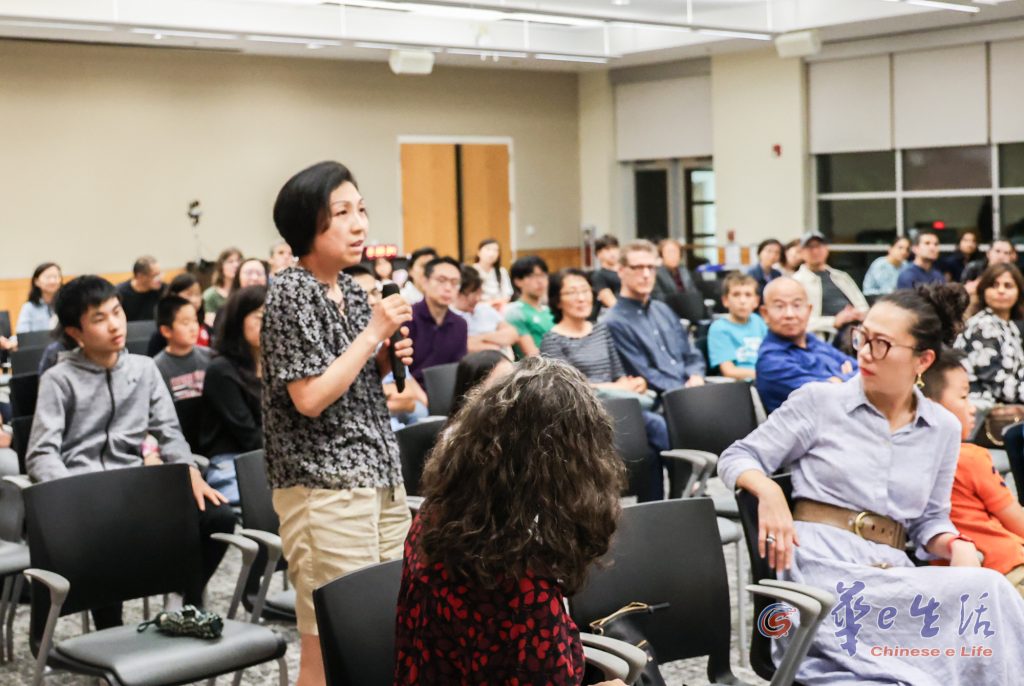
最后,罗博士谈到了教育。他首先向观众提出了三个问题。首先,他问:我们是如何学习第一语言的?我们通过听别人说话、练习和接受他人的纠正来学习第一语言。我们是如何学习第二语言的?我们通过学校和第一语言的基础来学习。最后,我们哪种语言掌握得更好?我们第一语言掌握得更好。尽管年龄因素也有影响,但罗博士指出,我们第一语言最强的主要原因是学习方式。
罗博士分享了他学习中文的故事。他通过两种方式学习中文:第一种是通过学校的正式学习,第二种是在中国待了六周,只说中文。罗博士说,第二种方法的效果是第一种方法无法比拟的。尽管可以先打下基础,但你需要花时间,回答问题并自己寻找解决方案。这会教你毅力和解决实际问题的能力。
罗博士认为,将教育视为竞争的人最终会失败。那些用教育来证明自己比别人聪明或更优秀的学生——例如,通过赢得数学竞赛或拥有杰出学位——认为自己比其他人更值得被雇用。然而,最重要的是你是否能够做一些事情。“做一些事情”意味着为他人创造价值,而不是通过最小的努力来通过系统或理解规则。罗博士的心态是:当他遇见你时,他总是在想他能如何帮助你,他能为你做些什么。
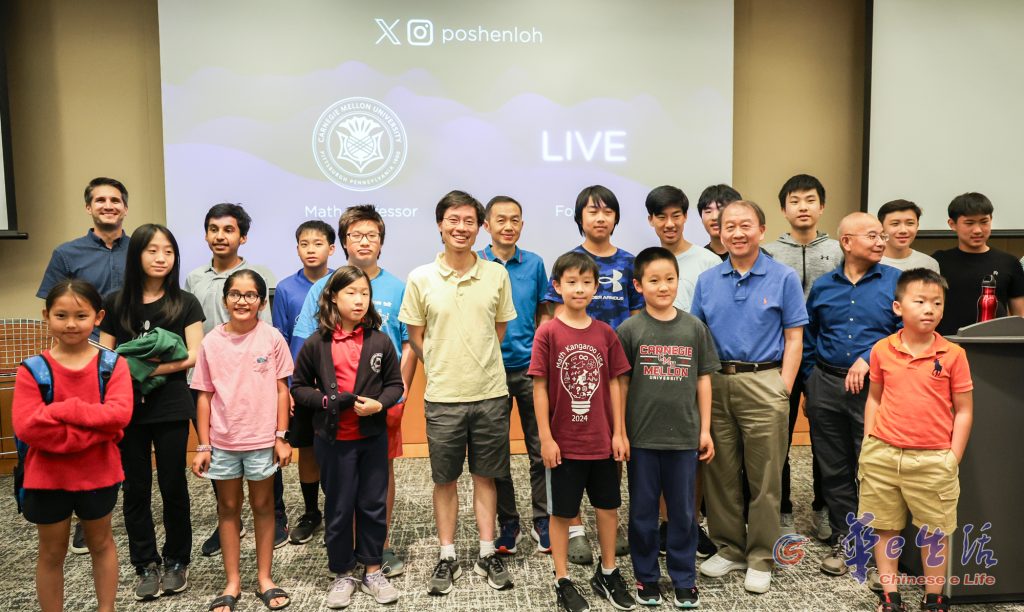
罗博士以分享他的两个生活原则来结束演讲:(1)通往幸福的道路是使他人愉悦;(2)如果你找到有意义的事情,努力工作是有趣的。正如罗博士所说,想象生活是一场游戏:如果你让一个人高兴,你的得分是1,仅仅是一个孤单的1。但如果你想要得分5,你需要一份工作。如果你想让成千上万的人高兴,你需要真正的技能和声望,并且你必须把声望当作工具,而不是头衔。
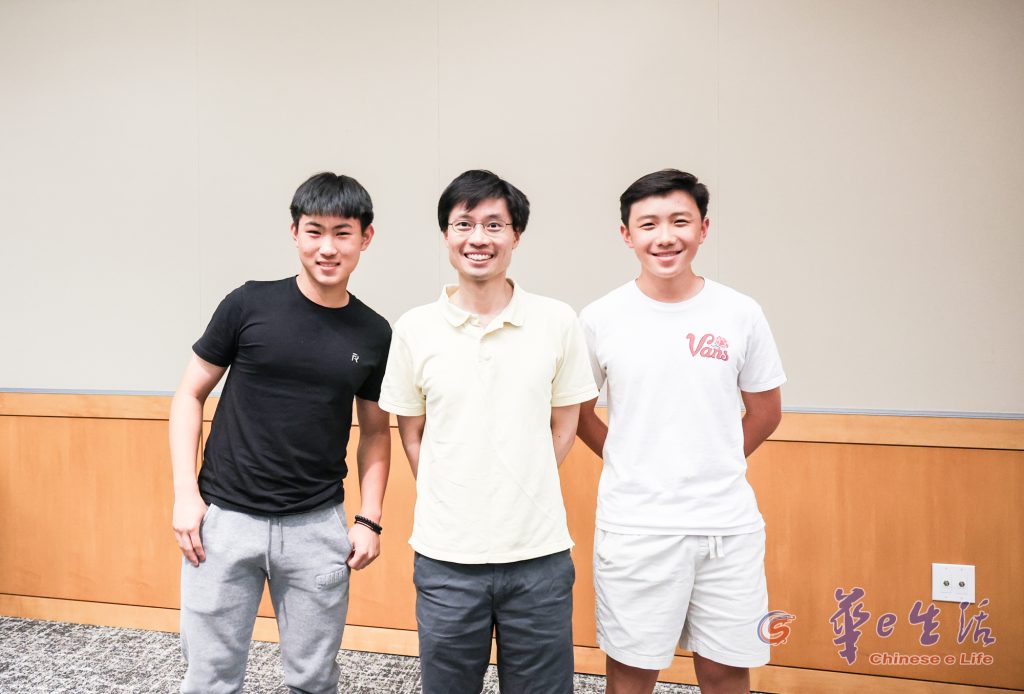
我感谢NC State-Data Science Academy和旅美科协北卡分会(CAST-NC)为我带来的这次启迪性的体验。我非常感激能聆听到如此杰出的数学人物的智慧和建议,我现在有了一位榜样,他的话将成为我努力的目标。解决问题,创造价值,建立强大的声誉,这样你才能改变世界。
注:本文是ChatGPT根据作者英文的译文,原文附后。
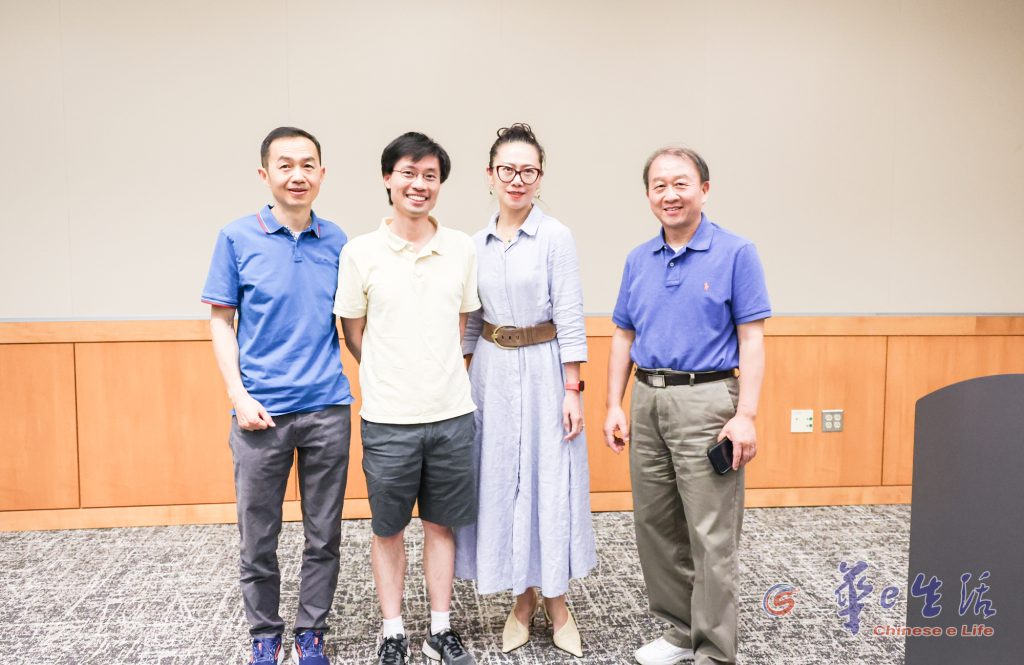

培养”出色又善良”的人
——罗博深教授罗利站巡讲要点
■北卡州立大学教授 丁慧玲
昨天(5月17日)带娃去听了卡内基梅隆数学教授、前美国奥数国家队主教练罗博深博士的讲座,题目是“AI 时代,如何培养引领未来的青少年?”
罗教授开场就说,生成式人工智能带来了颠覆性变革。在当前科技飞速发展的背景下,这是一个重要的主题。
罗教授提到了一些颠覆性的现象:
- 招聘方式的改变,雇主更看重解决新问题的能力,而非传统学历和经验。
- 人工智能的快速发展,像ChatGPT和CoPilot这样的AI工具正在改变编程和写作等工作的方式,甚至有可能取代部分人力。
- 高科技行业出现裁员潮,连CMU传统工作稳定的数学专业毕业生找工作都出现因为大规模裁员而面临机会萎缩的困境。
- 新兴的人工智能技术和计算能力,已经开始让企业以极低的成本取代大量人工劳动力。
- 教育培养模式的创新, 如他提出的建立网上教育生态系统、引入喜剧手段等,颠覆了传统讲授方式。
面对这些颠覆性变化,他提出了一些应对之策:
- 培养解决新问题的能力,而非仅仅获取知识。
- 培养预测和创新能力,主动思考问题并解决。
- 重视人际网络,创造价值,与他人合作解决问题。
- 培养创业家精神,从事富有创意的创新工作。
- 传递乐于助人、努力工作的价值理念。
总的来说, 在这个充满变革与创新的时代,灵活变通、勇于创新、注重实践能力以及与他人合作将变得越来越重要。教育的目标也应该从知识传授,转向培养创新思维和解决实际问题的能力。
罗教授对于创业者精神也做了很多阐述。他认为在这个充满变革和AI快速发展的时代,每个人都需要像企业家一样动脑筋去解决问题,利用各种工具创造价值。过去单纯追求成为某个领域的专家或最佳工具的日子已经一去不复返了。
他强调创业者精神的几个关键点:
设身处地思考他人的痛点和需求, 并努力解决人类问题。
他自己的创业激情就来自于希望帮助高中生,为他们创造真正的价值。创业的根本目标是解决人类面临的实际困难和需求。
为他人创造价值,你的价值取决于为他人做了多少贡献。
通过每天为他人创造价值来扩展人脉网络,因为最宝贵的资源就是那些愿意与你一起共事的人际关系圈。
善于发现创新机会,解决全新的问题。
例如他发明的在线免费数学游戏、整合喜剧演员与数学生的教育生态系统这两个创新项目,旨在以新颖有趣的方式帮助学生理解问题。
用正确的动机和价值观进行创业。
他强调创业不应该是为了成为最好的工具,而是为了给予他人欢乐和幸福,努力工作本身就是件快乐的事。他的理念是培养”出色又善良”的人,让他们在未来创业和从政时产生真正的影响。
与他人积极合作, 建立人际网络。
他希望能够连接不同的群体,如喜剧演员和数学生, 共同建立起创新的教育生态系统。
总之, 罗教授所倡导的创业家精神,强调创新思维、解决实际问题、创造价值、合作共赢以及正确的价值观导向,这些都是在不确定的时代里值得提倡的品质。
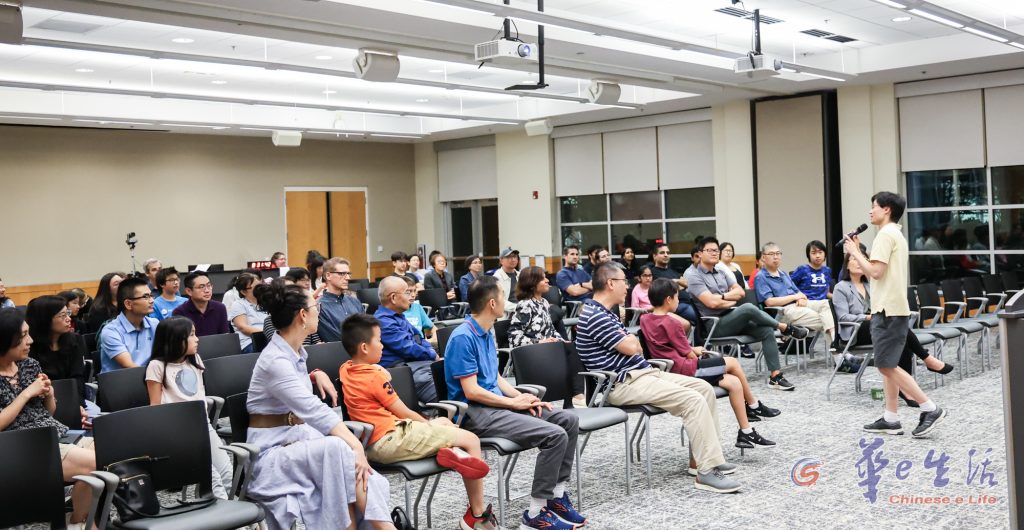
- Jake Xu
- Enloe High School
- 17 May 2024
Dr. Po-Shen Loh’s Lecture
On May 17th, an average Friday night, I walked into a conference building at North Carolina State University. As I walked in expecting nothing, I didn’t know that I was about to experience a talk that would change the ideals I strived for. Dr. Po-Shen Loh delivered a highly successful and informative hour-long talk, delving into ChatGPT’s impact on jobs, math, and education. Dr. Loh is an innovator and social entrepreneur involved in the fields of mathematics and education. A mathematics professor at Carnegie Mellon University, Dr. Loh was also the USA International Mathematical Olympiad team’s national coach from 2013 to 2023.
Starting with the topic of job opportunities, Dr. Loh expresses that ChatGPT’s power and speed of advancement are concerning. CEOs are using ChatGPT to make their company more “efficient,” but what does efficiency mean in a company? It means laying off more employees or reducing the workforce. This means that as ChatGPT becomes more powerful and cheaper, more jobs will be subject to replacement by AI, leaving us with fewer and fewer jobs. But what jobs are safe? According to Dr. Loh, the jobs that will remain safe are the ones we have never heard about. This is the embodiment of entrepreneurship. AI-resistant jobs require human qualities such as social skills, emotional intelligence, and problem-solving. What else do these jobs require? These jobs demand creativity, critical thinking, and empathy. Dr. Loh states that the hardest job to get is the job you first work after graduating college, which is why he advises college students to befriend many who are 2+ years older than you. This way, you build your network and will always have a job in reach. The most important characteristic when networking is your reputation, and a certain way of building a strong reputation is to always aim to create value for the people you meet. It doesn’t matter if you don’t get anything in return. As long as you’ve created value for someone else, you are giving them an idea of your ability and characteristics.
Dr. Loh then discusses mathematics by elaborating on two projects he is working on. Dr. Loh shares that he and his team are creating an online platform where young people, particularly middle schoolers, can hold friendly competitions to solve math questions correctly and quickly. Then, after the question has concluded, there is a one-minute chatroom where the students may communicate with each other about the problem. To prevent any toxicity among the young, and possibly childish, middle schoolers, next to every username is their reputation rating. The only way a user can gain a reputation is through the chatroom; if another user says that the user helped them learn something, the other user can give the user a brain emoji. The total amount of brain emojis one receives is the reputation rating of that person. However, there may still be some people who want to ruin things, people don’t care about their reputation but about bringing other people down. So, how will the chatrooms be moderated? This is where AI comes into play. After experimenting with ChatGPT, Dr. Loh discovered that AI was able to differentiate between what was acceptable and what wasn’t based on the given context. This is great news! This online math platform will foster peer-to-peer, human-to-human instruction for free! Dr. Loh concludes by saying that we must learn how to solve problems and use the powerful tool of AI to help us in our journeys, not to be replaced or become a tool ourselves.
Finally, Dr. Loh talks about education. He starts by presenting the audience with three questions. First, he asks: how did we learn our first language? We learned our first language by hearing others, practicing, and getting corrections from others. Next, how did we learn our second language? We learned through school and with the foundation of our first language. Finally, which language do we know better? We know the first one better. Although age plays a factor in this, Dr. Loh remarks that the main reason why our first language is our strongest is because of how we learned it. Dr. Loh shares the story of how he learned Chinese. He learned Chinese in two ways: the first was through formal learning in school and the second one was by going to China and speaking only Chinese for a total of 6 weeks. Dr. Loh says that the second method was incomparable to the first in terms of its effectiveness. While you can build a foundation first, you need to spend time, answering questions, and finding solutions by yourself. This will teach you perseverance and how to solve real problems. Dr. Loh believes that those who view education as a competition will ultimately fail. Students who use education to validate that they are smarter or better than other people – for instance, by winning a math competition or having a distinguished degree – believe that they are worth hiring more than someone else. However, what matters most is whether or not you can do something. “Doing something” means creating value for other people, not beating the system or understanding the rules so you can do minimal work to get by. Dr. Loh’s mindset is this: when he meets you, he is always wondering how he can help you and what he can do for you.
Dr. Loh concludes his lecture by sharing his two principles in life. (1) The way to happiness is to delight others and (2) hard work is fun if you find something meaningful to do. As Dr. Loh puts it, imagine life as a game: if you delight one person, you get a score of 1, just a tiny lonesome 1. But if you want a score of 5, you need a job. If you want to delight thousands and millions of people, you need real skills and prestige, and you must use prestige as a tool, not a title.
I am thankful to the NC State-Data Science Academy and the Chinese Association for Science and Technology NC Chapter (CAST-NC) for this eye-opening experience. I am extremely grateful to have listened to the wise words and advice of such an accomplished mathematics figure, and I have now met a role model whose words I will strive to live by. Solve problems, create value, and build a strong reputation so that you can change the world.
